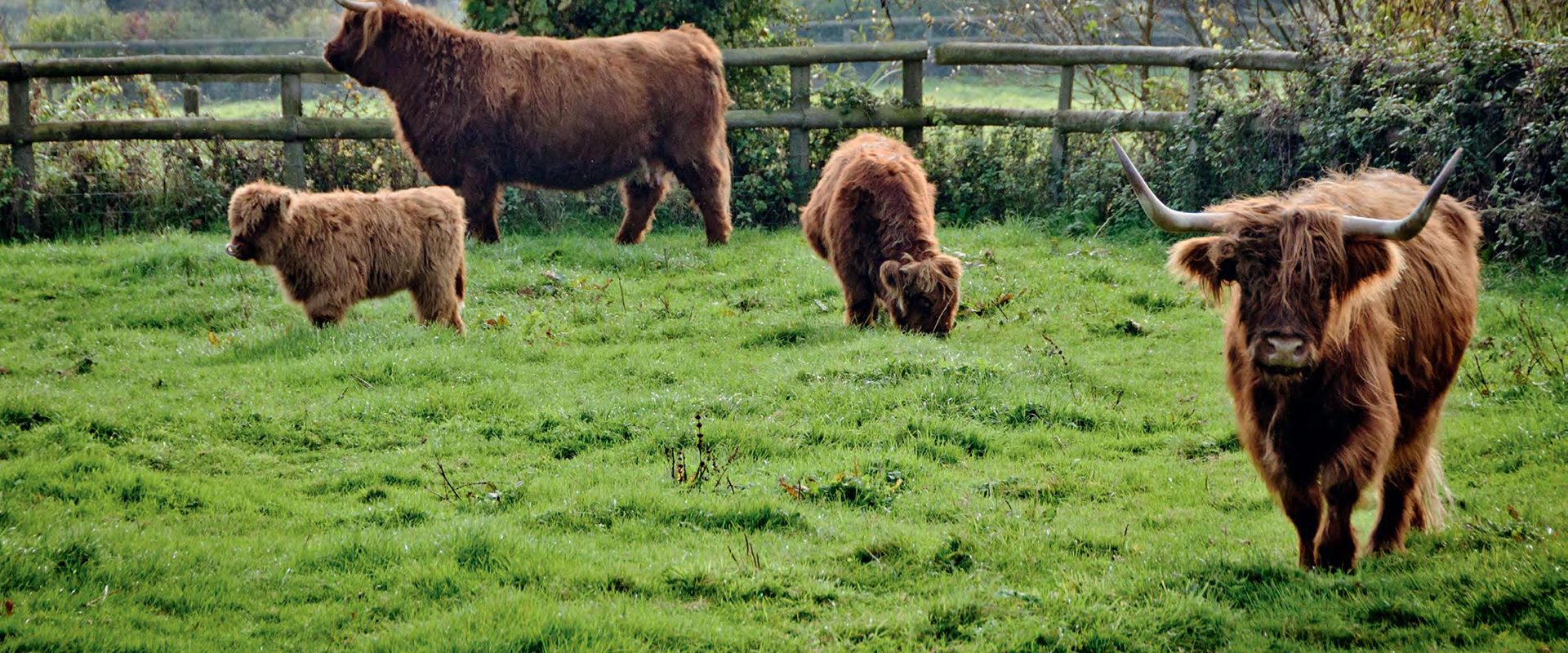ICSA schools are committed to using the best ingredients and some ICSA cookery schools even grow their own food; it doesn’t come
more local than that!
The wonderful renaissance in British food, helped along by TV chefs, pioneering restaurants, the organic food movements, cookery schools and increasing awareness of globalisation, has changed the country’s relationship with food in just a generation.
Cooks are more aware than ever of the importance of sourcing food locally and the provenance of the ingredients we use.
Sourcing regionally not only affects the quality of the final dish, but is important for health, communities, animal welfare and the environment.
Here, three ICSA schools from three very different regions: The Ashburton Cookery School (ACS) in Devon; Season – The Exclusive Cookery School in Hampshire; and Edinburgh New Town Cookery School (ENTCS) give us their views on the importance of sourcing locally.
Dominic O’Nions from Ashburton Cookery School points out the negative impact that supermarkets have on our relationship with food.
He says: “Supermarkets offer incredible convenience and more choice than ever before, where food is always available, sourced globally and nothing is ever out of season. But this convenience comes at a cost. It has made our relationship with our food more distant, more opaque and less holistic.
This impacts on the environment and the quality of our food.” Community and food often go hand in hand. Sylvain Gachot from Season Cookery School says buying local is important for your local community.
He comments: “The farmers or local sellers will be able to help and guide you in the choice of the products and may even be able to give you tips or ideas on how to keep them, prepare them or even recommend a good recipe to try. They really care about the products and what you do with them when you arrive home.”
Fiona Burrell of ENTCS says sourcing locally helps ensure quality.
“Research is essential,” she says.
“Farmers markets are a good place to start, as most suppliers are pre-vetted before they’re given a pitch. Producers at farmers markets also often offer product tasters and they’re always happy to talk with pride about how they produce what they’re selling. Ask a butcher where a piece of meat has come from and I often find a butcher can almost tell you the actual field where the animal lived. Food
miles cut down on animal stress, and increase meat tenderness and flavour.”
ICSA member school ‘Eckington Manor’ in Worcestershire, home of BBC Masterchef Processionals Winner 2015, Mark Stinchcombe, even breed their own Aberdeen Angus and Highland Cattle for their meat courses.
So, once you have acquired a new level of culinary skills and recipes, what are your options for sourcing the best local ingredients to enhance your cooking at home?
Article featured in ‘GREATEST BRITISH COOKERY SCHOOLS’ Guide to ICSA. Shop here

